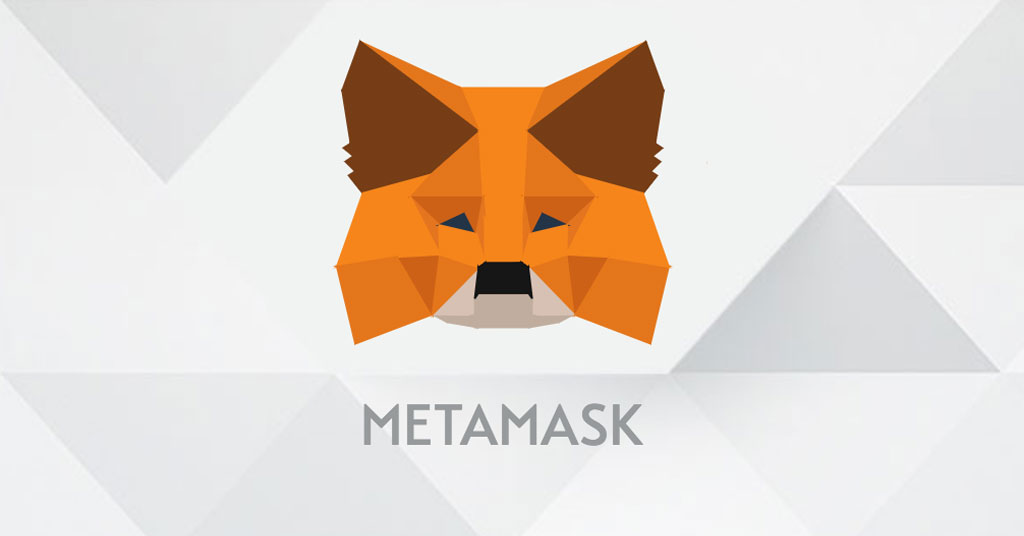In the fast-evolving landscape of digital currencies, a crypto wallet stands out as an essential tool for anyone engaging in cryptocurrencies. Whether you’re a seasoned trader or just beginning your journey into the crypto space, understanding what a crypto wallet is, how it works, and the different types available is crucial. This article provides an in-depth look at crypto metamask extension, their functions, types, and security considerations.
What is a Crypto Wallet?
A crypto wallet is a digital tool that allows users to store, manage, and transact cryptocurrencies. Unlike traditional wallets that store physical money, crypto wallets hold the digital keys needed to access your cryptocurrencies on the blockchain. These wallets do not store the currency itself; instead, they store private and public keys that interact with blockchain networks.
- Public Key: Functions like an account number, allowing others to send you cryptocurrency.
- Private Key: Serves as a secret code that proves ownership of the wallet and allows you to authorize transactions.
Together, these keys enable secure transactions, ensuring that only the rightful owner can access and manage the crypto assets.
How Crypto Wallets Work
Crypto wallets work by connecting users to the blockchain—the decentralized ledger where all transactions are recorded. When you initiate a transaction, your wallet signs the transaction with your private key. The network then verifies this signature with the corresponding public key before recording the transaction on the blockchain.
This process is akin to signing a cheque in traditional banking. Without the proper signature (or private key), the transaction would not be validated. This system of cryptographic security is what underpins the trust and integrity of cryptocurrency transactions.
Types of Crypto Wallets
There are several types of crypto wallets, each offering different levels of security, accessibility, and convenience. Here’s a breakdown of the main categories:
1. Hot Wallets
Hot wallets are connected to the internet, making them easily accessible for everyday transactions. They are often used by traders or individuals who require quick access to their funds.
- Software Wallets: These can be desktop, mobile, or web-based wallets. They are user-friendly and convenient but are generally less secure compared to offline options.
- Exchange Wallets: Provided by cryptocurrency exchanges, these wallets are practical for trading. However, storing large amounts of cryptocurrency in an exchange wallet can be risky due to potential hacks or insolvency issues.
2. Cold Wallets
Cold wallets are not connected to the internet, which significantly reduces their vulnerability to online attacks. They are considered the gold standard for security, especially for storing large amounts of cryptocurrency.
- Hardware Wallets: Physical devices that store private keys offline. They often require the user to connect the device to a computer or mobile phone when making a transaction.
- Paper Wallets: A method of storing cryptocurrencies by printing out the private and public keys on paper. Although highly secure if stored properly, paper wallets can be lost, damaged, or stolen.
3. Hybrid Solutions
Some wallets offer a mix of hot and cold storage solutions, providing a balance between security and convenience. These hybrid wallets might allow users to keep a portion of their funds in a readily accessible hot wallet while securing the bulk of their assets in cold storage.
Security Considerations
While crypto wallets are designed to be secure, the responsibility of safeguarding digital assets largely falls on the user. Here are some best practices to enhance wallet security:
- Keep Private Keys Private: Never share your private key. Treat it like the master key to your bank vault.
- Enable Two-Factor Authentication (2FA): Adding an extra layer of security can prevent unauthorized access.
- Regularly Update Software: Whether it’s your wallet app or device firmware, staying updated protects against known vulnerabilities.
- Backup Your Wallet: Maintain secure backups of your wallet information (e.g., seed phrases). This ensures you can recover your assets if your primary wallet is lost or damaged.
- Use Reputable Wallet Providers: Opt for wallets that are well-reviewed and have a strong track record in security.
The Future of Crypto Wallets
As the cryptocurrency ecosystem continues to grow, so do the capabilities and innovations in wallet technology. We are likely to see enhanced integration with decentralized finance (DeFi) platforms, improved user interfaces, and more robust security measures. With the evolution of blockchain technology, crypto wallets are becoming more than just storage tools—they are pivotal in facilitating a wide array of digital financial services, including staking, lending, and participation in decentralized applications (dApps).
